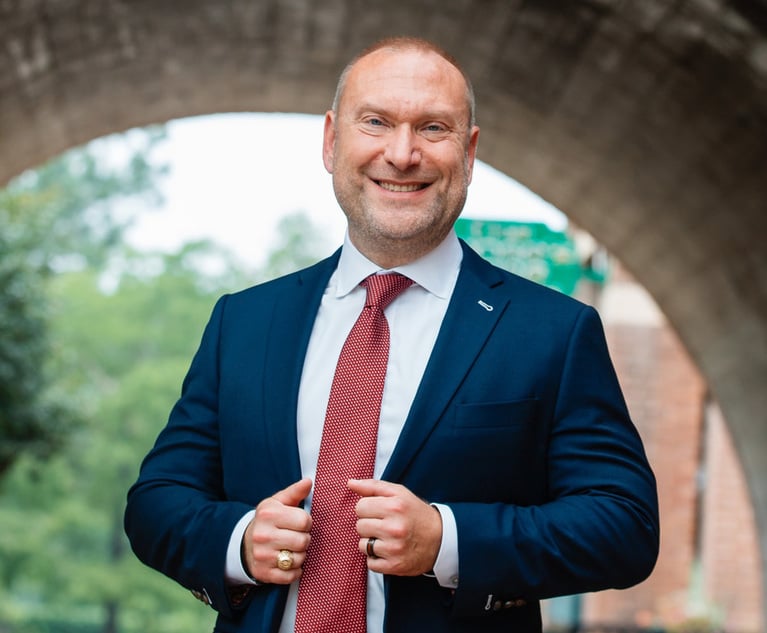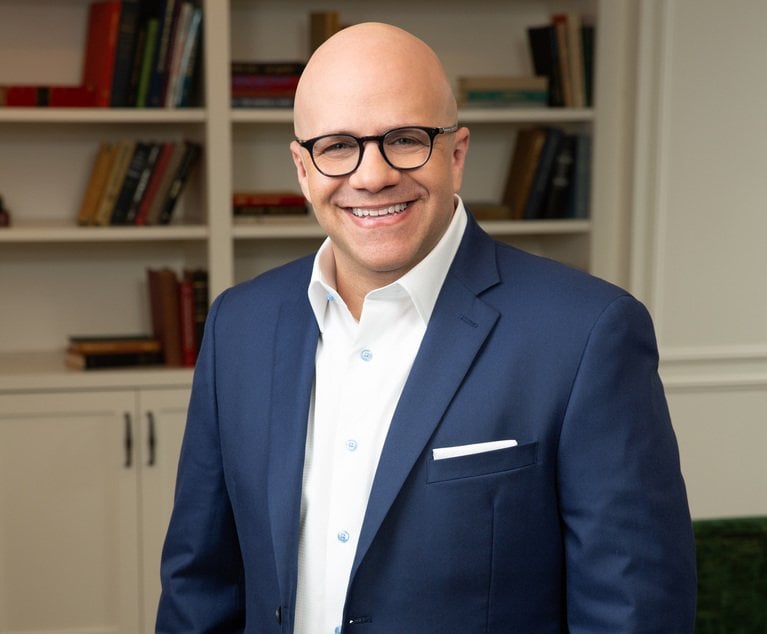Judge Richard Posner has suggested that the legal system in the United States has developed along the lines of a cartel. That cartel formed, in large part, first because of changes in the training of lawyers and then because of resulting changes in the licensing of lawyers. Throughout the 19th century, educational standards rose and a movement to make the practice of law a restricted occupation started to develop. Posner and others date the beginnings of this movement to 1870, when Christopher Columbus Langdell—the then-dean of Harvard Law School—revolutionized legal education. Langdell believed that law was a science and that opinions written by appellate judges were the raw materials of this branch of science. So, in Langdell’s view, just as geologists study rocks and zoologists study animals, lawyers should study published case opinions through a lengthy curriculum. And for the new system to jell completely, it required the abolition of the centuries-old practice of prospective lawyers entering the profession through a process of apprenticeship combined with self-study (“reading law”).
That system has created a number of economic incentives for universities, because consumers (prospective lawyers) have to buy the product, and the product is relatively cheap to deliver (traditionally, large lecture classes capped by a single examination at the end of the semester). Simply put, law schools can be relatively profitable (compared to typical humanities departments, with low student-to-faculty ratios and relatively lower tuition), and they can be started with a relatively low capital investment (compared to medical or engineering schools, which need labs). But the Langdellian system doesn’t produce “practice-ready” graduates of the sort that come out of trade schools or even out of university-level programs in education, pharmacy or medicine. Nor can it, because—reverting to MacIntyre’s dictum from my last column—the ability to judge “internal goods” is a function of experience, which is not what law schools principally have on offer (although that has changed in recent years at schools offering extensive writing and experiential programs).
This content has been archived. It is available through our partners, LexisNexis® and Bloomberg Law.
To view this content, please continue to their sites.
Not a Lexis Subscriber?
Subscribe Now
Not a Bloomberg Law Subscriber?
Subscribe Now
LexisNexis® and Bloomberg Law are third party online distributors of the broad collection of current and archived versions of ALM's legal news publications. LexisNexis® and Bloomberg Law customers are able to access and use ALM's content, including content from the National Law Journal, The American Lawyer, Legaltech News, The New York Law Journal, and Corporate Counsel, as well as other sources of legal information.
For questions call 1-877-256-2472 or contact us at [email protected]


 Randy D. Gordon. Courtesy photo
Randy D. Gordon. Courtesy photo




